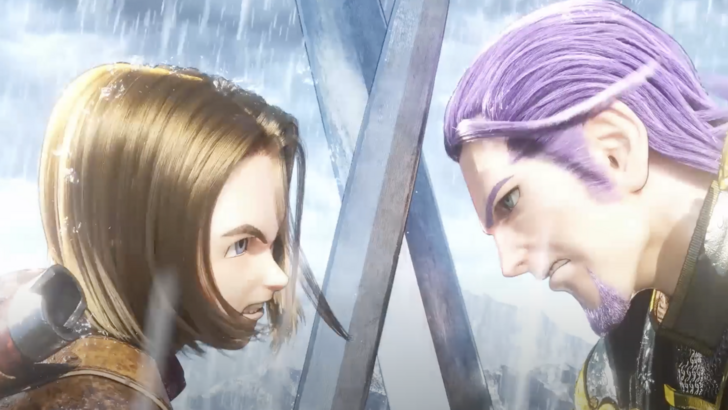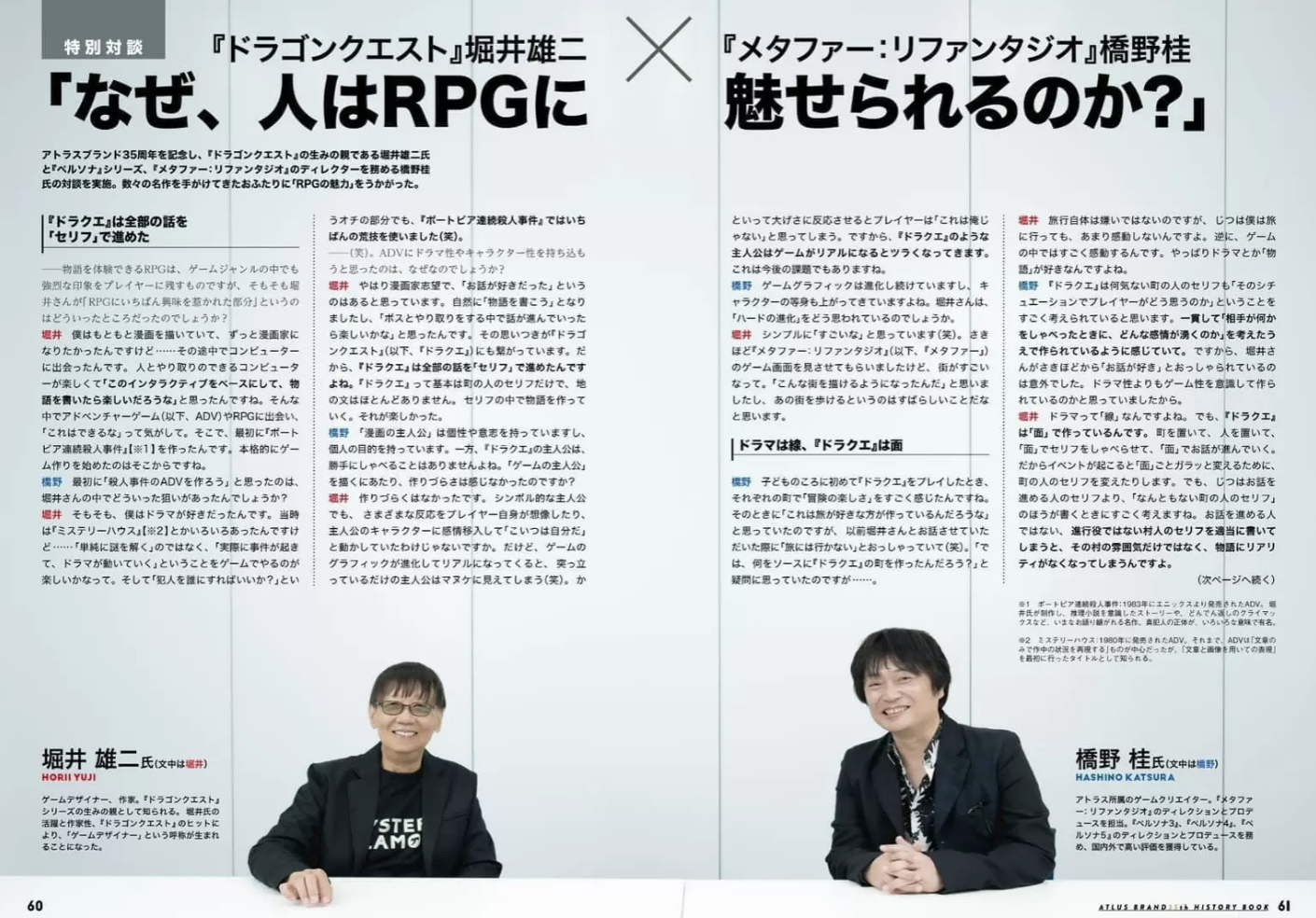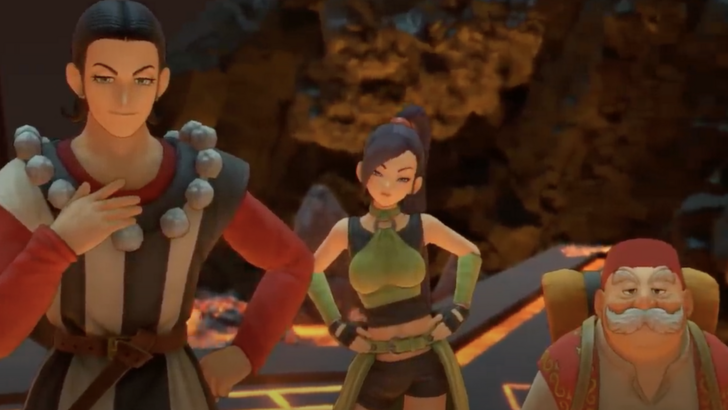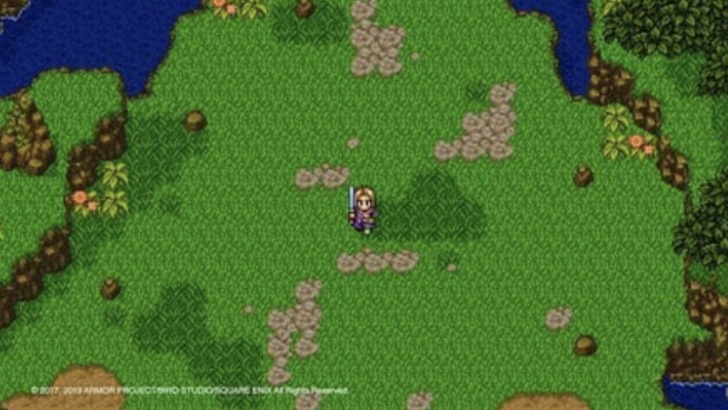
The Evolving Role of Silent Protagonists in Modern RPGs: A Conversation Between Dragon Quest and Metaphor: ReFantazio Creators
Veteran RPG developers Yuji Horii (Dragon Quest) and Katsura Hashino (Metaphor: ReFantazio) recently discussed the challenges and considerations surrounding the use of silent protagonists in modern RPGs, a topic explored in the "Metaphor: ReFantazio Atlas Brand 35th Anniversary Edition" booklet. Their conversation highlights the impact of advancing technology and evolving game development on established storytelling techniques.

Horii, creator of the iconic Dragon Quest series, explained the series' reliance on the "symbolic protagonist"—a silent character allowing players to project their own feelings into the game. This approach worked well with the simpler graphics of earlier games, where limited animation didn't highlight the lack of character expression. However, Horii jokingly admitted that a silent protagonist in today's realistic graphics might look like "an idiot" simply standing there.

Horii, whose background includes aspirations to be a manga artist, emphasized Dragon Quest's narrative structure, built primarily on dialogue interactions rather than extensive narration. This approach, he argued, is integral to the game's charm. But he acknowledged the increasing difficulty of maintaining this approach as graphics and audio become more sophisticated, making a non-reactive protagonist feel increasingly out of sync with the game's visual richness.

The minimalist graphics of the NES era allowed players to easily fill in the emotional gaps left by the silent protagonist. This is no longer as easily achieved with modern technology, presenting a significant challenge for future Dragon Quest installments.

In contrast to Dragon Quest's continued use of a silent protagonist, other RPG series, such as Persona, have embraced fully voiced protagonists. Hashino, director of the upcoming Metaphor: ReFantazio, which features a fully voiced protagonist, praised Horii's approach, highlighting Dragon Quest's focus on the player's emotional experience, even in seemingly minor interactions with non-player characters. Hashino noted the consistent player-centric design in Dragon Quest, aiming to evoke specific emotional responses through dialogue.















